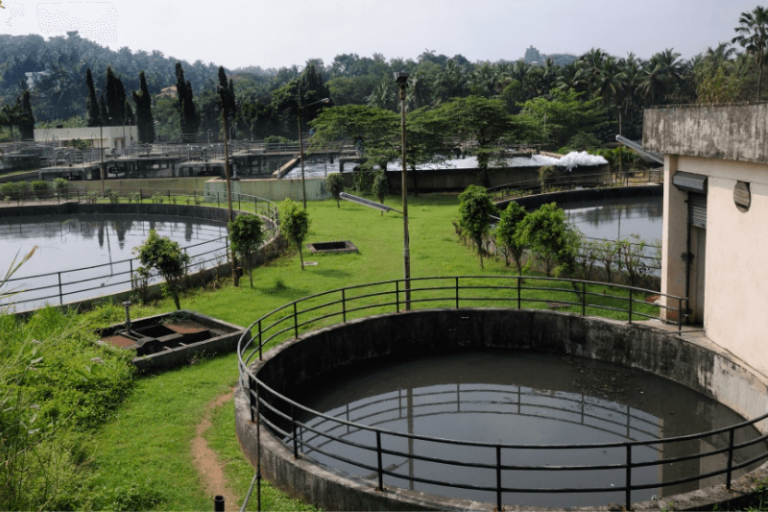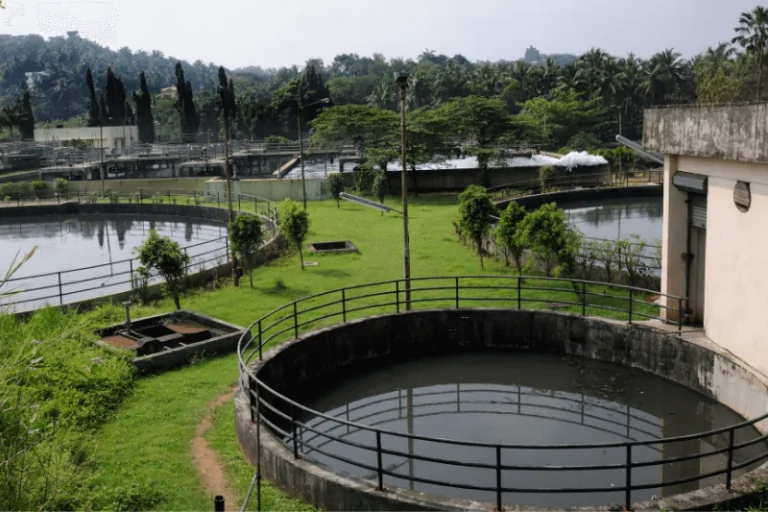

Leaked documents have exposed widespread neglect and corruption in efforts to clean up decades of oil spill damage in Nigeria’s Niger Delta. The files reveal systemic failures in the operations of the Hydrocarbon Pollution Remediation Project (Hyprep), the agency responsible for restoring polluted land and water.
In 2021, satellite images revealed acres of barren land outside Port Harcourt, an area meant to be rehabilitated into farmland as part of the U.N.-backed cleanup program. Instead, the site remained a desolate “moonscape,” with petroleum contamination levels far above safety limits. The leaked records including U.N. investigations and internal communications show that cleanup efforts were marred by incompetence and corruption.
A U.N. review found that half of the contractors hired by Hyprep had no relevant experience with some companies being construction firms or general merchants. Labs tasked with testing soil samples lacked the necessary equipment, and auditors were physically blocked from verifying completed work. Many cleanup contracts were awarded to companies owned by politicians, according to U.N. officials and Nigeria’s former environment minister, Sharon Ikeazor.
Despite a $1 billion fund established in 2011 to address oil spill damage, progress has been slow and riddled with mismanagement. Thousands of spills since the 1950s have devastated the Delta’s ecosystems, leaving communities to rely on polluted water for drinking, cooking, and fishing. Spills remain frequent, with Bayelsa State suffering multiple incidents in late 2022 that destroyed fields and fishing areas.
The leaked documents also reveal that Hyprep’s internal financial controls were ignored. Auditors were demonized for doing their jobs, and some were prevented from reviewing financial records. The agency awarded contracts to politically connected companies despite warnings from U.N. officials about the risk of malpractice.
Efforts to reform the cleanup process faced resistance. In early 2022, Sharon Ikeazor removed Hyprep’s acting chief, Philip Shekwolo, citing his ties to politicians. However Ikeazor was replaced just two months later and Shekwolo was reinstated.
The U.N. officially ended its involvement in the cleanup last year stating its consultancy role had concluded. However sources close to the project suggest the decision was driven by frustration over corruption. While Hyprep claims it has implemented stricter monitoring and accountability measures, the leaked files underscore the ongoing challenges of addressing environmental degradation in the Niger Delta.
The Sistine Chapel will welcome Cardinal members in the forthcoming week to start electing succession candidates on May 7 for…
Namibia’s President, Netumbo Nandi-Ndaitwah, has removed Agriculture Minister Mac-Albert Hengari from his position. The decision came after serious allegations of…
Manchester United manager Ruben Amorim has confirmed that defender Diogo Dalot might miss the rest of the season due to…
Tanzanian President Samia Suluhu Hassan has praised Simba SC after the team made history by reaching the final of the…
The Vatican has initiated its traditional selection protocol to choose the next Pope following the passing of Pope Francis. The…
"Baby Shark Dance" is still making waves in 2025! The kids' song by South Korea's Pinkfong is now the most-watched…
This website uses cookies.